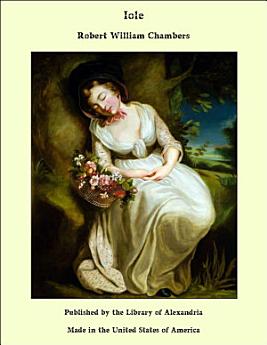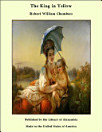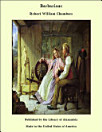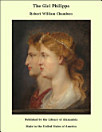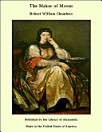Iole
Tungkol sa ebook na ito
The agent contemplated the railroad track, running his eye along the perspective of polished rails: ÒYes, sir; his name wasÑand isÑClarence Guilford, anÕ I fust seen it signed to a piece in the Uticy Star. AnÕ next I knowed, folks began to stop off here inquirinÕ for Mr. Guilford. ÔIs this here where Guilford, the poet, lives?Õ sez they; anÕ they come thicker anÕ thicker in warm weather. There wasnÕt no wagon to take Õem up to GuilfordÕs, but they didnÕt care, anÕ they called it a litÕrÕy shrine, anÕ they hit the pike, women, children, menÑÕspeshil the women, anÕ I heard Õem tellinÕ how Guilford dressed his kids in pants anÕ how Guilford was a famous new litÕrÕy poet, anÕ they said he was fixinÕ to lecture in Uticy.Ó
The agent gnawed off the chewed portion of the grass stem, readjusted it, and fixed his eyes on vacancy.
ÒThree year this went on. Mr. Guilford was makinÕ his pile, I guess. He set up a shop anÕ hired art bookbinders from York. Then he set up another shop anÕ hired some of us Õround here to go anÕ make them big, slabby art-chairs. All his shops was called ÒAt the sign ofÓ somethinÕ Õr other. Bales of vellum arrived for to bind little dinky books; art rocking-chairs was shipped out oÕ here by the carload. Meanwhile Guilford he done poetry on the side anÕ run a magazine; anÕ hearinÕ the boys was makinÕ big money up in that crank community, anÕ that the town was boominÕ, I was plum fool enough to drop my job here anÕ be a art-worker up to Rose-CrossÑthatÕs where the shops was; Õbout three mile back of his house into the woods.Ó
